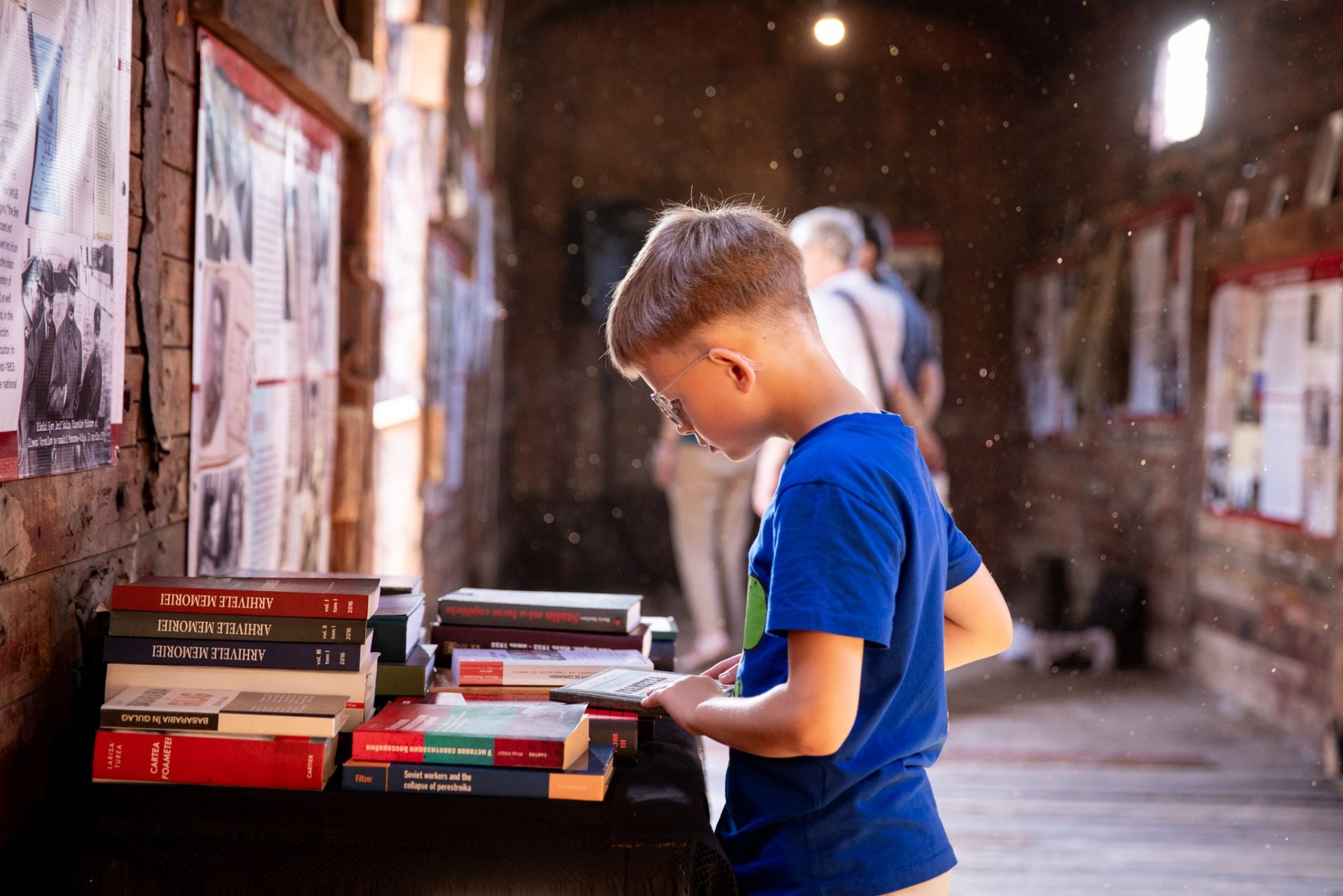
Moldovan PM says deportations from Soviet Moldova living wound carried by thousands of families of Moldova
Prime Minister Dorin Recean has referred, in a post, to the drama of deportations during the Soviet period. The PM recalled his own family's suffering and emphasizing the current generation's responsibility to keep the memory of those tragedies alive.
“Six of my paternal grandfather's twelve children were deported to Siberia. Three others had to hide in Romania to escape the same fate. This is our history — not from books, but from the real suffering of families,” the prime minister noted.
He wrote that, during the period 1940–1953, about 80,000 people from Bessarabia had been deported by the Soviet regime.
“Not because they committed crimes, but because they existed. It was a well-organized operation, centrally planned, aimed at eliminating cultural elites, terrorizing the population and destroying our national identity, faith, dignity, maternal home and freedom. They did not bring us down. Our people kept their roots, dignity, and, thanks to the resilience and strength of our predecessors, we are here today fulfilling our duty to build a peaceful and prosperous Moldova,” Recean pointed out.
In the context, the government of Moldova has inaugurated, for the third consecutive year, an exhibition titled, State Terror in Soviet Moldova. Scale, Victims and Perpetrator, on the Great National Assembly Square. The exhibition can be visited daily from 9:00 to 21:00 until July 27.
On July 6, at 20:30, a candlelight memorial action will take place, organized together with actors from the Mihai Eminescu National Theatre. At the same time, on July 13, 20, and 25, films will be screened and performances will be staged dedicated to the memory of deported people.
“It is our generation's responsibility to study this history, to pass on the truth to the next generations, and to do everything possible to prevent such tragedies from happening again,” concluded Dorin Recean.
The exhibition includes two railway carriages similar to those in which people were deported to Siberia and will run until July 27. In one carriage, documents, photos, books and various objects illustrating the experience of all those repressed by the Soviet regime are presented, while in the second carriage, visitors can view an exhibition dedicated to the famine of 1946–1947 and additional multimedia content.
Visitors can also access a virtual exhibition through VR technology.
The exhibition is organized by the government of Moldova — the State Chancellery and the Ministry of Culture, with support from the Interior Ministry, the National Archives Agency and the General Directorate for the Administration of Government Buildings.
The mass deportation from July 6-9 1949 was the largest on the current territory of Moldova. The operation encompassed 11,281 families, with the group of forced relocations comprising 35,796 people, including 11,889 children, 14,033 women, and 9,864 men.
National culture preserved by Moldovans in Kazakhstan
295,000 students to receive 1,000 lei before new school year
Budget Plus // Over 4.8 million lei to be allocated for modernizing canteens in Ungheni schools
State to provide more funds for early detection of breast cancer
Cîrnățeni village - model of rural development
Moldova's foreign ministry issues travel alert for Bulgaria
Head of state invites Moldovan Diaspora from Italy to direct meetings in five Italian cities
Moldovan localities to enjoy modern waste collection, management system
European Village // 19.5 million lei invested in educational infrastructure development in north-western Moldova district
Moldova purchases 4,442 vials of rabies vaccine
Moldova, Switzerland to strengthen bilateral relations
Moldova's Customs Service identifies unpaid taxes exceeding 3 million lei following last week's audits
First Moldova – European Union Summit: EU announces allocation of initial instalment of 270 million euros from Moldova Growth Plan
Moldova hosts first Moldova–European Union bilateral Summit
President Maia Sandu's message at Moldova – European Union Summit
Moldovan deputy PM says Chisinau Summit response to results Moldova is achieving in modernization process
PHOTO GALLERY // First Moldova-European Union Summit, in objective of MOLDPRES
European leaders reaffirm support for reforms in Moldova, opening of accession negotiations
Moldovans to use phones in EU without extra charges as of January 1, 2026
European Council President says Moldova ready for next steps in EU accession process
Moldovan PM says Moldova at home in Europe, first EU summit confirms country's irreversible direction
European Commission to release first installment of 270 million euros from the Growth Plan for Moldova
Moldovan president says Moldova supports lasting peace in Ukraine
Moldovan head of state says European funds to be directed to developing infrastructure, education, economy, energy sector
Moldovan president says country to pay less for banking transactions with Europe as of next October, to fully remove roaming tariffs by late 2025


